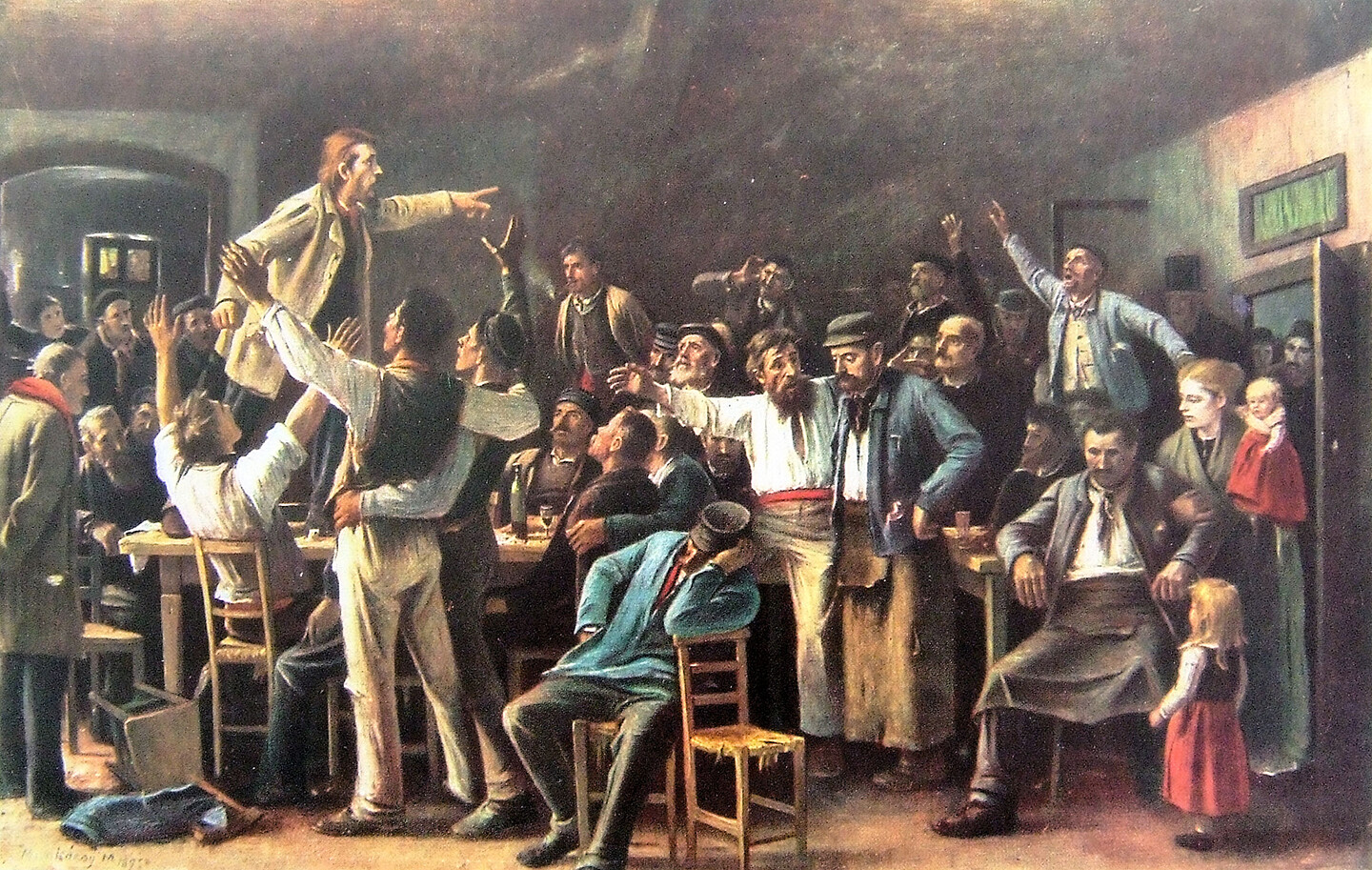The concept of value is nothing, for communists, if not a crosshair that flashes red when we need to smash something. There is also in Marx a tendential theory alongside the heuristic theory. The light of communism revealed for Marx a directionality to capitalist production, one that pointed toward its ruin but also its overcoming by communism.
Cybernetics, in its ambition to unify the natural and social sciences, and even the humanities and the arts, is a relic of the massive cross-scientific endeavors of the Second World War. For many, this science of control and communication promised a response to social and economic issues that seemed especially pressing. “Control” and “communication” were, of course, central preoccupations for societies whose economic policies were based on Keynesian “social planning,” whose hierarchical, multilayered corporations raised new problems of management, and whose deskilled manufacturing system put control over the content and pace of production in the hands of a professional-managerial class. Cybernetics, unsurprisingly, appealed to corporate management, military engineers, or government technocrats, as it promised a more efficient and less violent means of managing complex processes.

